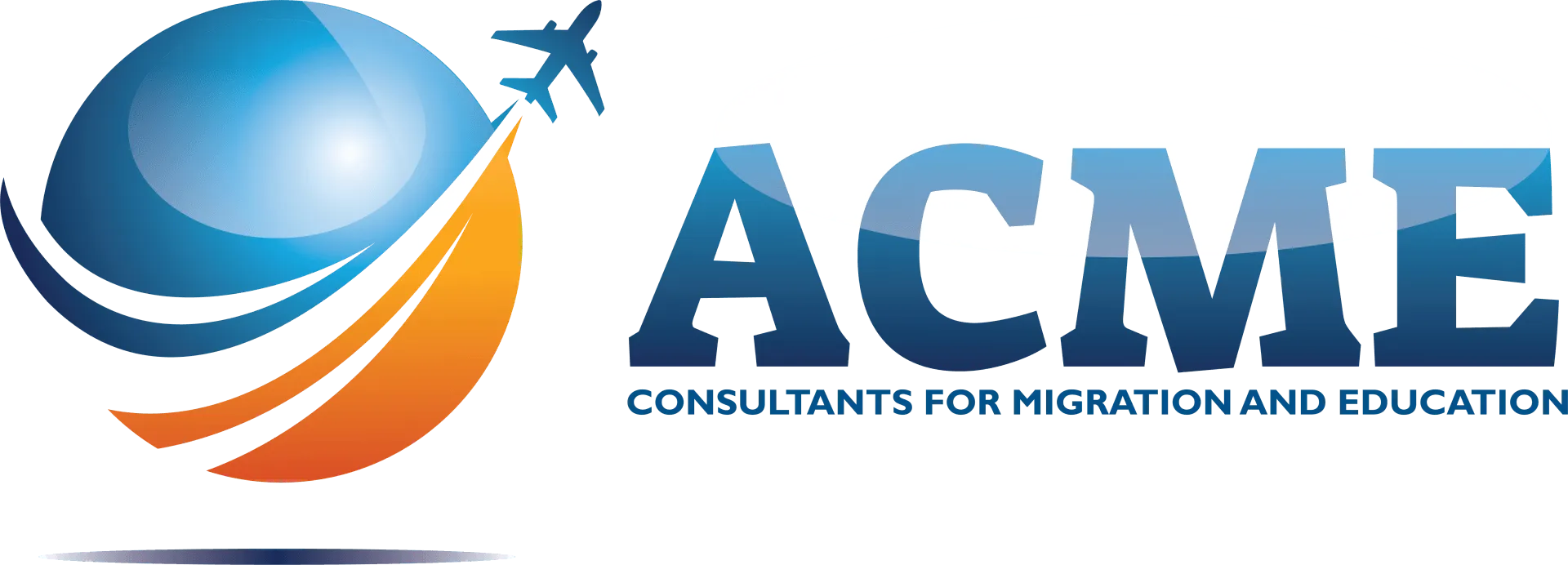Saskatchewan addresses labor shortages and promotes economic growth by introducing additional PNP options for qualified individuals in the medical and agricultural fields.

Two new Provincial Nominee Program (PNP) pathways were launched on August 30 by the Saskatchewan government as part of the Saskatchewan Immigrant Nominee Program (SINP). These new routes are intended especially for those who are new to the agricultural and health care industries.
The importance of these new avenues was emphasized by Jeremy Harrison, the Minister of Immigration and Career Training for Saskatchewan. According to him, these programs address the nationwide labor shortages and are in line with the province’s present immigration demands.
In light of the nationwide labor need, Harrison said, Saskatchewan employers will be able to hire more workers by establishing new provincial immigration routes and expediting the credential recognition procedure.
Agriculture Talent Pathway
In order to help fill emerging and in-demand professions, the farm Talent Pathway was created to address the labor shortages in Saskatchewan’s farm industry. Key crop product sectors in 2023 will see exports exceeding $3.2 billion, indicating the continued importance of agriculture to the province’s economy.
To qualify for this stream, candidates must meet the following criteria:
– Get a minimum of a 4 on the Canadian Language Benchmark (CLB); higher scores may be required by certain companies or regulators.
own a higher education degree or have finished secondary school (high school).
– Have completed six months (780 hours) of full-time work experience with the employer who granted their job approval letter, or at least one year of full-time work experience in their planned occupation during the last three years.
– Prove that they want to live and work in Saskatchewan.
– possess an offer of a full-time, permanent position in Saskatchewan’s agriculture industry.
A valid SINP Job Approval Letter, issued by the applicant’s employer—who must be registered with the SINP—is required.
Health Talent Pathway
The Health Talent Pathway unifies all health care hiring through the SINP into a single stream, supporting Saskatchewan’s Health Human Resources (HHR) action plan. Candidates with different qualifying requirements may be able to use this method, depending on whether or not they have a profile in the federal Express Entry database.
General requirements for this pathway include:
– Qualification for a Saskatchewan licence (if any, based on their line of work).
– A post-secondary degree (a bachelor’s or master’s degree, or a certification requiring at least two years of study) relevant to the employment offer.
– Dedication to residing and employed in Saskatchewan.
For those not eligible for Express Entry, additional requirements include:
A minimum CLB 5 language score in either French or English (higher levels may be required by certain workplaces or regulators).
Six months (780 hours) of full-time work experience with the employer that provided the job approval letter, if they are currently employed in Saskatchewan.
Candidates with profiles in the Express Entry pool must:
– Own a valid Job Seeker Code and Express Entry Profile Number.
– Attain a minimum CLB score of 7 in either French or English.
– possess one year’s worth of highly competent work experience from their selected field’s previous five years.
About the SINP
Through the SINP, Saskatchewan accepted 7,350 newcomers in 2023. In 2024, Immigration, Refugees and Citizenship Canada allocated 8,000 nominations to the province. By the end of 2025, Saskatchewan expects about 20,000 arrivals, with an increase in the allotment to 8,500.
Because of its more cheap housing when compared to other major Canadian cities, its lower cost of living, and its incentives like the Graduate Retention Program, the province is becoming more and more attractive with newcomers. If eligible graduates, including those from overseas schools, reside in Saskatchewan and file their taxes there, they may be entitled for a tuition return of up to $20,000.


Leave a Reply